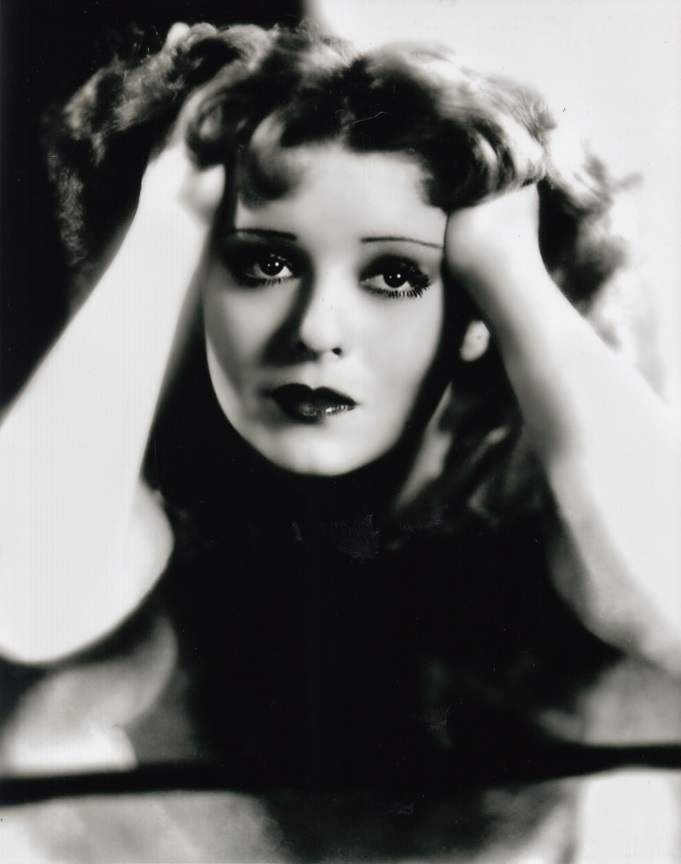
1930
Silent film star, Clara Bow, spent one September evening in 1930 playing illegal gambling games at a Lake Tahoe, Nevada casino. Both winning and losing at roulette, craps, 21 and the dice game, chuck-a-luck, she requested a high roll. The Cal-Neva Lodge obliged, allowing her to play as high as $300 per roll or card.
When she was in the red for about $5,000, the casino manager, Elmer “Bones” M. Remmer implored her to stop, but she refused. Throughout the evening, she lost $13,900 (a $198,000 value today), which she covered with three checks.
Then she stopped payment on them.
Clearly, the red-haired siren hadn’t known whom she was tangling with at the Cal-Neva! The owners, James “Jim/Cinch” C. McKay and William “Bill/Curly” J. Graham, ran Reno then, controlling its illegal gambling trade (Nevada legalized open-wide gambling in 1931) and operating speakeasies, brothels and more. “Bones” was their trusted partner and enforcer who did whatever they asked.
“‘Bones’” rarely met a man he liked, or a meal he didn’t, and he was just as likely to finish either one off,” wrote Al Moe in “Roots of Reno.”
If Bow hadn’t been a star, she might’ve been physically harmed or worse for stiffing the casino.
Another Ballsy Move
At the time, gambling was mostly illegal at the time. Some games were allowed—poker, stud-horse poker, five hundred, solo and whist—along with slot machine play only for the sales of cigars and drinks and social games only played for drinks and cigars served individually or prizes not exceeding two dollars in value. As such, the casino’s owners couldn’t sue Bow for the money she owed. McKay tried to get her movie studio, Paramount, to cover the debt, but its executives refused, saying it was the actress’ personal matter.
Soon after, Bow issued a statement about the matter. She claimed the casino lacked a “rightful claim” against her, insinuating it had cheated her, charging her for $100 chips when she’d played with 50-cent pieces and changing the amount on her checks.
“I will gladly accept service of any legal documents,” she said. “I always pay every honest debt promptly” (Reno Evening Gazette, Sept. 24, 1930).
The Cal-Neva’s attorney refuted her accusations, calling them ludicrous. He noted that Bow had cashed the checks with the casino, which gave her the money upfront to use as she wished.
Bow never paid what she owed.






3 comments